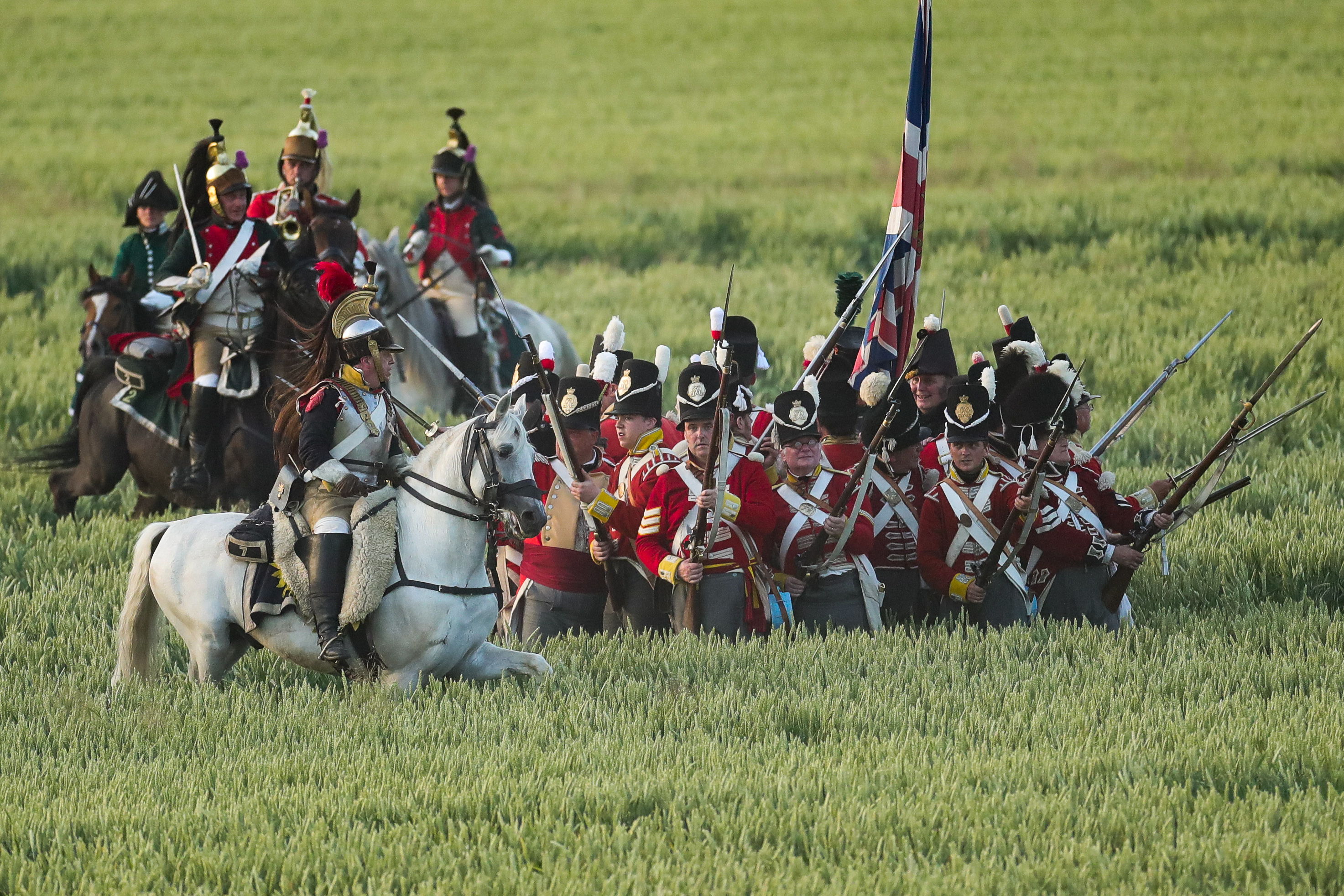Were the remains of soldiers killed in the Battle of Waterloo sold as fertiliser?

Although thousands of soldiers died at the Battle of Waterloo in Belgium in 1815, few human remains have been found. A new study by professor Tony Pollard of the University of Glasgow suggests that many bones of dead soldiers were sold as fertiliser.
In his findings, published in the Journal of Conflict Archaeology on 18 June, exactly 207 years after the historic conflict, lead expert professor Pollard, director of the Centre for Battlefield Archaeology at the University of Glasgow, reveals original data consisting of newly found descriptions of the battlefield and drawings by people who visited in the days and weeks after Napoleon's defeat.
Personal memoirs
Letters and personal memoirs of the Scottish merchant James Ker, for example, who lived in Brussels in 1815, were found. He visited Waterloo in the days after the battle and described how several men died in his arms. Other visitor reports describe the exact locations of three mass graves containing some 13,000 bodies. Whether this new data will lead to the discovery of a mass grave, professor Pollard considers unlikely.
"Artistic license and exaggeration about the number of bodies in mass graves notwithstanding, the bodies of the dead were clearly dumped in numerous locations on the battlefield, so it is somewhat surprising that there is no reliable record of a mass grave ever having been found," Pollard reports on the University of Glasgow website.
Pollard adds that at least three newspaper articles from the 1820s mention the importation of human bones from European battlefields for fertiliser production.
"European battlefields may have been an easy source of bones that could be ground into bone meal, an effective form of fertiliser. One of the main markets for this raw material were the British Isles."
According to Pollard, soon after the battle, belongings of the dead were stolen. He considers it likely that an agent of a bone supplier arrived on the battlefield with high hopes of securing his price. Since the local population knew about mass graves, they could easily point them out.
"It is also possible that the various guidebooks and travel books that described the nature and location of the graves essentially served as treasure maps, complete with an X to mark the spot," Pollard states.
"Based on these accounts and the importance of bone meal for agriculture, it seems possible that the mass graves at Waterloo were emptied to obtain bones." To establish this once and for all, professor Pollard will help lead a multi-year geophysical survey involving veterans who will participate in the excavation to provide insight to world-class archaeologists.
If the team were to find anything, it would be an extremely rare discovery. In 2015, a human skeleton was uncovered during the construction of a new museum and parking garage on the site. Then in 2019, amputated bones of a human leg were unearthed by the Waterloo Uncovered team during an excavation of the main Allied field hospital. There is also a skeleton of uncertain origin in the museum in Waterloo. No other significant remains have ever been found.
(AHU)
© BELGA PHOTO JULIETTE BRUYNSEELS - Illustration picture shows the re-enactment of the Battle of Waterloo, Sunday 19 June 2022. More than 2000 re-enactors participate in Napoleon's final battle of 18 June 1815 near Waterloo.